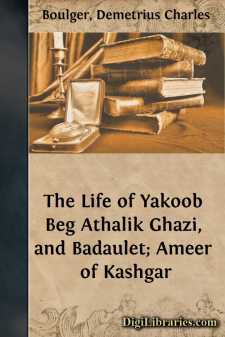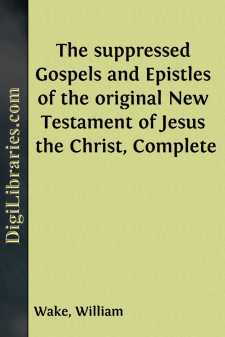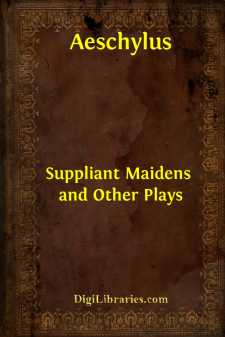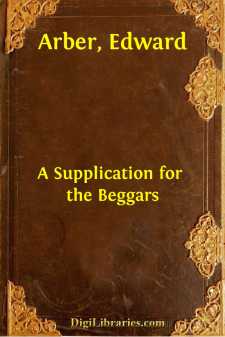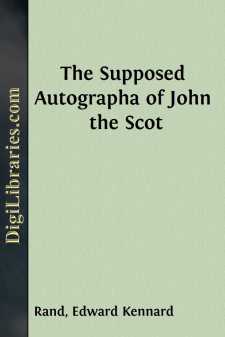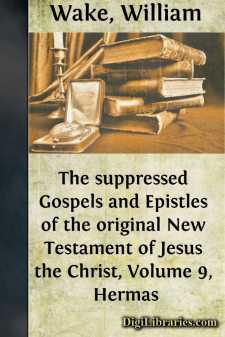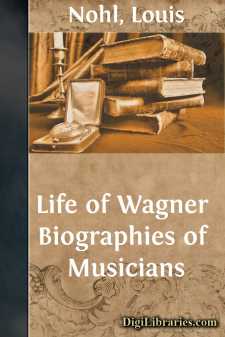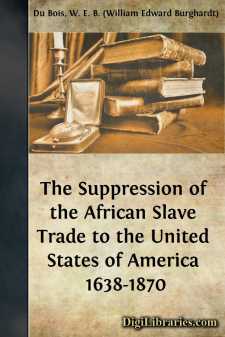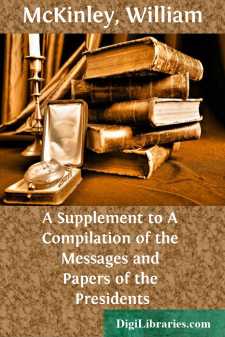Categories
- Antiques & Collectibles 13
- Architecture 36
- Art 48
- Bibles 22
- Biography & Autobiography 813
- Body, Mind & Spirit 142
- Business & Economics 28
- Children's Books 13
- Children's Fiction 10
- Computers 4
- Cooking 94
- Crafts & Hobbies 4
- Drama 346
- Education 46
- Family & Relationships 57
- Fiction 11828
- Games 19
- Gardening 17
- Health & Fitness 34
- History 1377
- House & Home 1
- Humor 147
- Juvenile Fiction 1873
- Juvenile Nonfiction 202
- Language Arts & Disciplines 88
- Law 16
- Literary Collections 686
- Literary Criticism 179
- Mathematics 13
- Medical 41
- Music 40
- Nature 179
- Non-Classifiable 1768
- Performing Arts 7
- Periodicals 1453
- Philosophy 64
- Photography 2
- Poetry 896
- Political Science 203
- Psychology 42
- Reference 154
- Religion 513
- Science 126
- Self-Help 84
- Social Science 81
- Sports & Recreation 34
- Study Aids 3
- Technology & Engineering 59
- Transportation 23
- Travel 463
- True Crime 29
Sort by:
PREFACE. The following account of the life of Yakoob Beg was written with a twofold intention. In the first place, it attempts to trace the career of a soldier of fortune, who, without birth, power, or even any great amount of genius, constructed an independent rule in Central Asia, and maintained it against many adversaries during the space of twelve years. The name of the Athalik Ghazi became so well...
more...
by:
William Wake
To uphold the "right of private judgment," and our "Christian liberty wherewith Christ hath made us free;" to add fuel to the fire of investigation, and in the crucible of deep inquiry, melt from the gold of pure religion, the dross of man's invention; to appeal from the erring tribunals of a fallible Priesthood, and restore to its original state the mutilated Testament of the...
more...
by:
Anonymous
Having read a French edition of the Life of Venerable Sister Bourgeois, published in 1818, the translator of the present work was so charmed by its perusal that she resolved on rendering it into English for the spiritual edification of others. Many years ago the work of translation was commenced, but from some preventing cause or other, was as often laid aside. Yet the idea of presenting it to the...
more...
by:
Aeschylus
DEDICATION Take thou this gift from out the grave of Time. The urns of Greece lie shattered, and the cup That for Athenian lips the Muses filled, And flowery crowns that on Athenian hair Hid the cicala, freedom's golden sign, Dust in the dust have fallen. Calmly sad, The marble dead upon Athenian tombs Speak from their eyes "Farewell": and well have fared They...
more...
by:
Edward Arber
INTRODUCTION. ir Thomas More, who at that time was but Chancellor of the Duchy of Lancaster, was made Lord Chancellor in the room of Cardinal Wolsey on Sunday, the 24th of October 1529. The following undated work—the second of his controversial ones—was therefore written, printed and published prior to that day, and while as yet he held the lower dignity of the ducal Chancellorship. The...
more...
In the fifth part of Ludwig Traube's Palaeographische Forschungen, (which I had the honor of publishing after that great scholar's death) evidence was presented for Traube's apparently certain discovery of the very handwriting of John the Scot. In manuscripts of Reims, of Laon, and of Bamberg, he had observed certain marginal notes which were neither omitted sections nor glosses, but...
more...
by:
William Wake
216 And some of them being teachers have preached and taught purely and sincerely, and have not in the least yielded to any evil, desires, but have constantly walked in righteousness and truth. 217 These therefore have their conversations among the angels. 218 Again; as for what concerns the ninth mountain which is a desert, and full of serpents; they are such as have believed, but had many stains: 219...
more...
by:
Louis Nohl
CHAPTER I. 1813-1831. His Birth—The Father’s Death—His Mother Remarries—Removal to Dresden—Theatre and Music—At School—Translation of Homer—Through Poetry to Music—Returning to Leipzig—Beethoven’s Symphonies—Resolution to be a Musician—Conceals this Resolution—Composes Music and Poetry—His Family Distrusts his Talent—“Romantic” Influences—Studies of...
more...
Chapter I INTRODUCTORY.1. Plan of the Monograph.2. The Rise of the English Slave-Trade.1. Plan of the Monograph. This monograph proposes to set forth the efforts made in the United States of America, from early colonial times until the present, to limit and suppress the trade in slaves between Africa and these shores. The study begins with the colonial period, setting forth in brief the attitude of...
more...
by:
William McKinley
William McKinley (For portrait and early biographical sketch see Vol. X, pp. 125, 126, 127) At the National Republican Convention which met at Philadelphia in June, 1901, William McKinley was again nominated the Republican candidate for the Presidency of the United States. At the November election he was re-elected, receiving 292 electoral votes, against 155 votes for William J. Bryan. In September,...
more...


